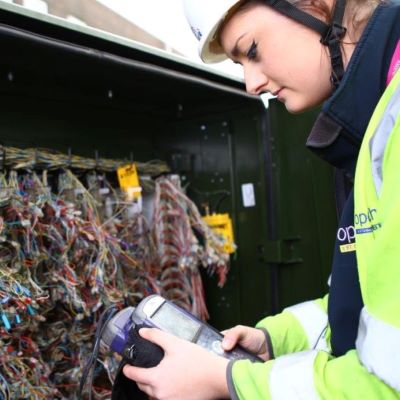News
The Communication Workers Union (CWU) will hold a ballot in the coming weeks to decide on whether to implement a national strike
In the past few years, BT Group’s finances have become stretched for numerous reasons, not least the need to invest around £12 billion in fibre-to-the-premises (FTTP) and 5G, leaving the operator to embark on a significant cost cutting programme back in 2018. Last June, BT announced that it would reduce its 300 offices to just 30 as part of a strategy to save £2 billion over the next five years.
Naturally, such a move has resulted in forced redundancies for BT staff, which were met with condemnation by the CWU.
Back in August, the CWU threatened industrial action, with deputy general secretary Andy Kerr penning an article that called the move an “attack on key workers” during the pandemic.
“Our union will not stand by and see the workers who have built BT made compulsorily redundant as shareholders line their pockets and BT Sport presenters receive gold-plated contracts. Our door is open for genuine negotiations,” he wrote.
However, the past seven months seem to have have brought little to no resolution for these issues, with the CWU announcing now announcing that it will ballot its 45,000 BT Group staff members on whether to implement industrial action.
“This is a decision we did not want to take. Last year our members delivered a huge yes vote in a consultative ballot but BT Group are still in denial,” said Kerr, noting that the Union was still open to negotiations. According to the Union, such a strike would have a ‘massive impact’ on the functioning of the network.
This news will come at a difficult time for BT’s top brass, with a clash between CEO Philip Jansen and chairman Jan du Plessis over the speed of the organisation’s restructuring reportedly the cause of the latter’s resignation last week. According to Sky News, Jansen and one faction of directors sought to accelerate the restructuring of the business, including potentially selling a stake in Openreach, while du Plessis and another faction were in favour of waiting for upcoming changes to regulations to be announced. Sources suggest that Jansen ultimately issued a ‘me or him’ ultimatum.
It is clear that for BT rapid change is a necessity, but the process itself may cause more problems than it solves, at least in the short term.
Developing a skilled workforce will be at the heart of delivering a gigabit Britain by 2025. Are these goals achievable? Hear from the experts at this year’s virtual Project Rollout event later this week.
Also in the news:
Ericsson’s US smart factory dubbed ‘Global Lighthouse’ by World Economic Forum
EllaLink completes marine installation and selects Infinera to light network
Verizon’s $10bn 5G plan banks on rapidly growing markets
















